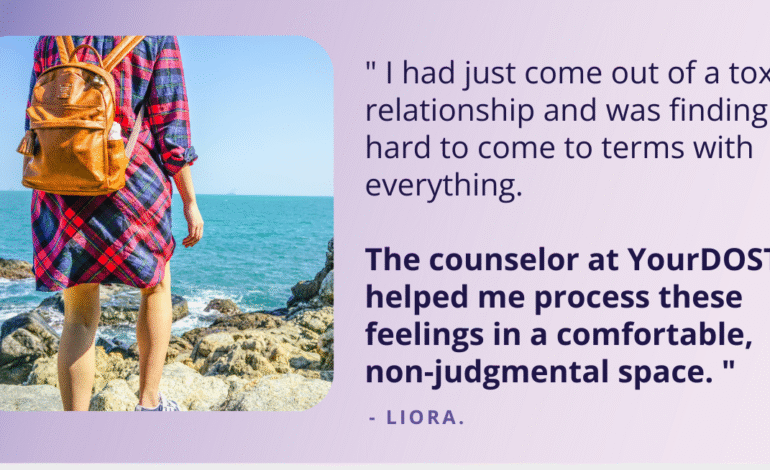5 Tips To Encourage Your Loved One to Start Counseling
Unfortunately, in this day and age, there is still a lot of societal stigma attached to mental health issues in India. Hence, encouraging your loved one, who is going through a tough time, to start counseling is quite an uphill task. It’s a massive challenge to figure out exactly how one must go about helping them.
The first step would be to identify whether or not they need help. Look out for warning signs. Prolonged outbursts of anger, behavioural changes, anxiety, and changes in weight, appearance, personal hygiene, are good trigger signs that suggest that they might need help.
The following tips should help you approach and encourage your loved one to start meeting counselor/psychotherapist.
1. The Approach
Be subtle in your approach and open up the doors for meaningful dialogue. Ask them how they feel, and let them pour their heart out. Listen to them patiently and do not interrupt or judge them. Make them feel comfortable around you.
Approach them with empathy. Let them know that you need to have an important conversation with them. You might say something like “I know this is really hard for you, but I’m talking to you because I love you. If I didn’t care, we wouldn’t be having this talk.” You could also approach the problem by saying “I’m worried; I’m concerned.”
The timing and the setting is crucial while having your first talk. Have a heart-to-heart talk during an evening walk or while watching a late night movie at home. Make sure that the setting is relaxed and comfortable for both of you.
2. Tell them that it’s Normal.
As mentioned earlier, there is a lot of stigma attached to mental health issues and counseling. Therefore it is very important to make your loved one feel OK about discussing the problem and seeking help for the same.
The stigma attached to seeking support, or the thought of being negatively judged, will prevent them from opening up. Tackle this by telling them that it’s a medical condition, that such cases are common and that it’s OK to get help. Show your support and affirm that you’re always going to be there for them.
As you discuss, listen and observe closely for their softer emotions. This will help you stay connected with them. Ask them to go for an evaluation if the idea of weekly counseling freaks them out.
3. Confidential and Anonymous
More often than not, people are reluctant to seek help due to misconceptions related to mental health and counseling.
Don’t hesitate to gently bring up the topic on numerous occasions. Sometimes, individuals need to hear it from multiple people over time to understand the gravity of the situation.
Do your homework! Educate yourself about the condition they are suffering from. Face-to-face counseling is a traditional method of counseling that works for many, but your loved one might want to consider online counseling if they have any major concerns. Facilitate the process by identifying a professional counselor and scheduling an appointment. Offer to accompany them to the counselor’s office.
4. Be Prepared
Be prepared for the person to get upset – and try not to get defensive. They may be reluctant to seek help and might react angrily. But don’t let this affect you or get in your way. Remember, this person means a lot to you and all you want is for them to heal.
Take help from family, friends and psychologists, if required, to persuade them to seek help.
5. Potential Outcome
Tell your loved one how their life is going to get better if they seek help. Stress on how counseling actually allows a patient to talk about personal problems and feelings in a confidential, trustworthy, and safe environment.
Counseling provides a greater insight for self-understanding, heightened self-acceptance, improved relationships, independence, high self-esteem, and better control over your life. Make sure that they know about all of this. It would help them address their needs, and take responsibility. They would learn to live, love and engage fully with life. So, stress on how counseling would take them to the brighter side of life, one that they always dreamt of living.
The most important thing that your loved one wants is you; for you to support them and to be there for them through their worst. So, don’t give up on them until they heal.
Does your loved one need help? Get personalised guidance from the Experts at YourDOST.






